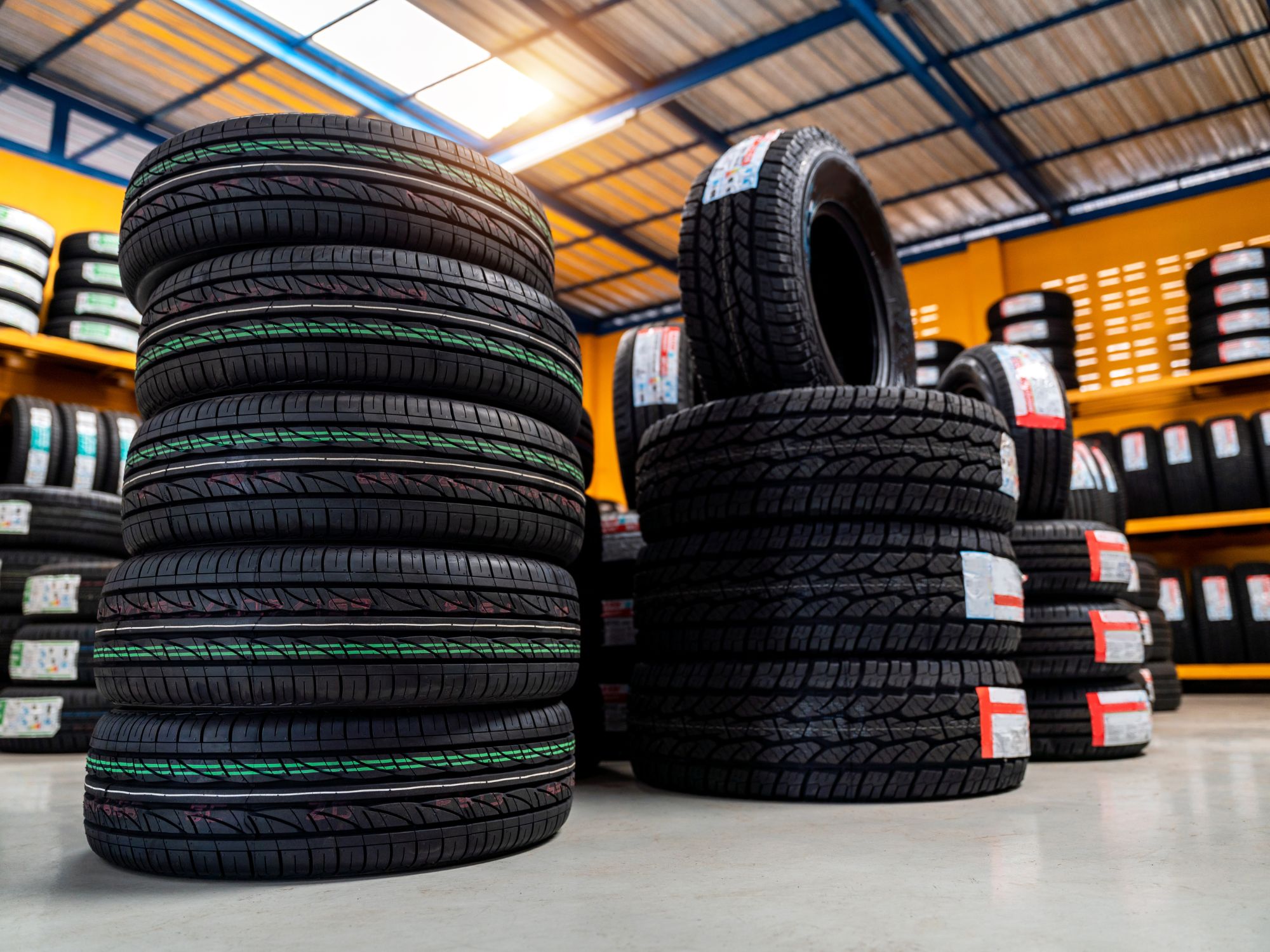
Why all-season tires may not be the best option for Chicago drivers
All of our vehicles roll off the assembly line with the "all-season tires." With a name like that, you'd think they'd be a good choice year-round.But in a real-world winter driving study conducted by Popular Mechanics, snow tires outperformed all-season tires by up to 5 percent during braking and a whopping 20 percent when cornering.Why do snow tires perform better? There are two main reasons:
- Winter tires have tread designs that grip the snow and ice better than all-season tires. They feature raised blocks of tread designed to channel snow, ice, slush or water away from the tire’s surface and improve “bite” where traction has been diminished by snow or slush build-up on the road surface. Winter snow tires also have razor-thin grooves within the tread that allow better contact between the tires and wet road surfaces.
- Snow tires are made with different rubber compounds. Even at 45°F, the rubber compounds used for performance and all-season tires start to feel the cold and they start to stiffen, which reduces the tire's ability to grip the road. Winter tires, on the other hand, are made of softer compounds that remain flexible even in extremely low temperatures.
Ready for snow tires? Book an appointment
Drive an import vehicle?
A number of European and Japanese car manufacturers—including Volvo, MINI, Mercedes-Benz, BMW, Audi and Toyota—know that snow tires outperform all-season tires and specifically recommend the use of snow tires on their websites and in their owners' manuals. (You've read your owner's manual, right?!)
Snow Tire Buying Tips
Here are some pointers for buying winter tires, courtesy of Popular Mechanics:
- Make sure you buy four tires that are the same make and have the same tread design. Skimping and installing mismatched tires or only two of four tires will result in unpredictable handling and could be dangerous. I'm ready to schedule an appointment for new tires
- If you'd rather not remount your tires each season, pick up a separate set of inexpensive steel wheels for permanent winter-tire duty. (This also protects your expensive alloy wheels from being damaged by Chicago's harsh, salty winter conditions.)
- Swap to winter tires around Thanksgiving and back to all-season or summer tires around Easter. Seems basic, right? But what you may not realize is that the soft rubber compounds of winter tires wear quickly in warmer temperatures.
- Store off-season tires in a cool, dry area out of the sun and wrap them in black plastic bags to reduce oxidation.
- Think having a second set of tires is more expensive? While you'll have twice as many tires, you'll wear them half as often.
If you have any questions about buying snow or all-season tires, please don't hesitate to ask the experts at Auto Lab in Libertyville! We're here to help you.




